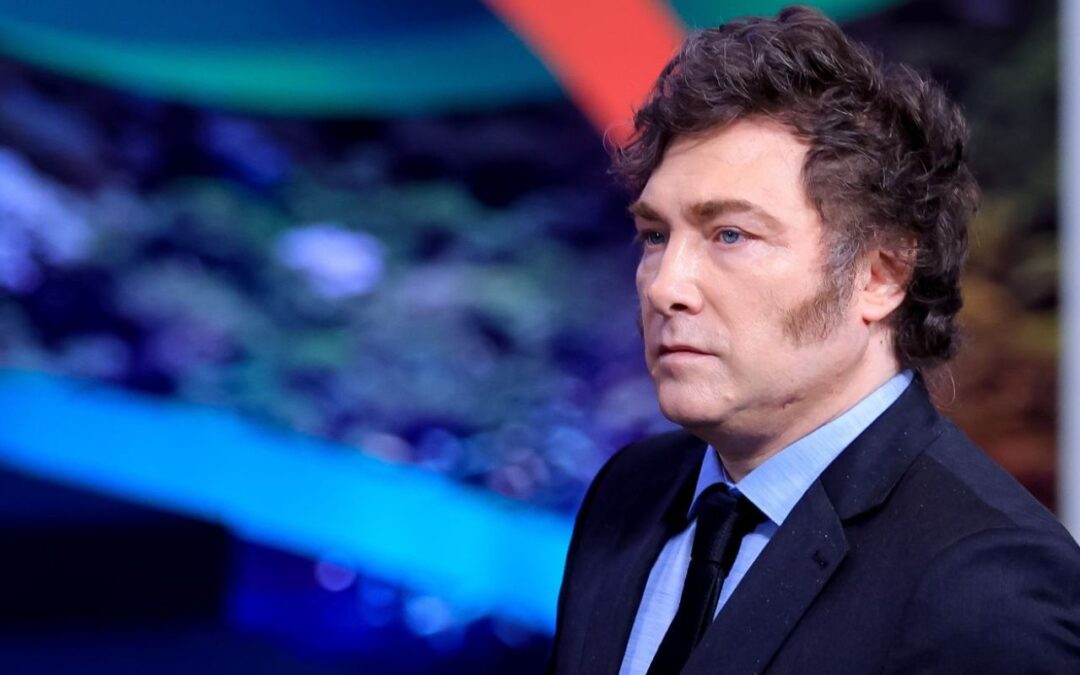In a major turn in the Libra token scandal, a U.S. federal judge has ordered the unfreezing of $57.6 million in stablecoins. The decision grants controversial memecoin promoter Hayden Davis and former decentralised exchange head Ben Chow access to funds frozen earlier this year.
The ruling, delivered by Judge Jennifer L. Rochon of the Southern District of New York, comes as the high-profile lawsuit over the collapsed Libra project continues. Despite heated allegations of one of the largest “rug pulls” in crypto history, the court found no immediate grounds to block the defendants’ access to the funds.
The Decision and Its Legal Basis
Judge Rochon froze $57.65 million in USDC stablecoins in May, citing concerns over potential asset movements. The funds, held in two Solana wallets, were linked to Davis, Chow, and associated entities, including the KIP Protocol. Circle, the issuer of USDC, executed the freeze through its centralised control mechanism.
On August 19, Rochon reversed her earlier order and restored controlled access. She reasoned that the defendants had cooperated fully, complied with court requirements, and made no attempt to hide or transfer funds during the freeze. These actions, the judge noted, distinguished them from “evasive actors” often seen in crypto frauds.
Importantly, Rochon ruled that plaintiffs failed to show “irreparable harm”. She emphasised that the frozen funds remained secure and available, ensuring potential compensation for investors if the lawsuit succeeds. Her ruling also reflected skepticism about the lawsuit’s likelihood of prevailing, though she stopped short of dismissing the case. The decision marks a tactical victory for Davis and Chow, but it does not address the central allegations of fraud and misrepresentation.
The Scandal That Shocked the Crypto World
The Libra token launched in February 2025, marketed as a memecoin supporting Argentina’s small businesses. Hype exploded when Argentine President Javier Milei promoted the token on social media, helping it soar from a few cents to $5. At its peak, Libra’s market cap briefly topped $4 billion. However, within hours of launch, the token collapsed by over 94%. Allegations soon surfaced that insiders dumped more than 70% of the supply, trapping retail investors and triggering a massive sell-off. Losses were estimated at over $250 million, with claims that promoters misappropriated more than $150 million.
The implosion sparked immediate outrage across global markets and in Argentina’s political sphere. Critics labelled it one of the most significant “rug pulls” in crypto history. President Milei quickly distanced himself, insisting he had “no connection” to the project beyond a routine social media post. Despite his denial, a congressional ethics investigation probed his role. While the task force closed without findings against Milei, opposition leaders accused him of covering up political ties to project backers. Milei’s approval ratings suffered, reflecting the scandal’s deep impact on Argentine politics.
The Lawsuit and Asset Freeze
In March 2025, Burwick Law filed a class-action case in New York on behalf of investors. Lead plaintiff Omar Hurlock accused Davis, Chow, and others of deliberately misleading investors. The suit alleged they exploited Milei’s apparent endorsement to create fake legitimacy and failed to disclose that 85% of the supply was withheld. Plaintiffs also claimed defendants used predatory infrastructure tactics to syphon more than $100 million from liquidity pools. On May 28, Rochon responded by freezing $57.65 million in USDC tied to the defendants’ wallets.
The unfreezing now changes the lawsuit’s dynamic. While the plaintiffs still seek over $100 million in damages, the defendants’ restored access to USDC provides them with leverage in negotiations. Chow’s attorney has already called the investors’ claims “untested and meritless”, hinting at plans to press for dismissal again.
Market and Regulatory Impact
The court’s decision had an immediate effect on the token market. On the day of the ruling, Libra tokens surged more than 100% before moderating. Trading volumes also spiked, showing renewed speculative interest despite lingering doubts. However, the ruling reignited questions about stablecoin oversight and the role of centralised issuers like Circle. Critics argue the ability to freeze and unfreeze assets undermines the spirit of decentralisation. Supporters counter that such controls protect investors when fraud emerges.
Regulators worldwide are watching closely. Legal experts suggest the ruling may set a precedent for how U.S. courts handle asset freezes in crypto fraud cases. Balancing investor protections and defendants’ rights remains a difficult challenge, especially as crypto enters mainstream finance. For now, investor confidence remains fragile. Analysts stress that transparency and due diligence are paramount. The Libra case serves as a cautionary tale of how hype, political endorsements, and opaque practices can devastate markets almost overnight.
Written By Fazal Ul Vahab C H






